Is Bison Meat Healthy? Nutritional Benefits and Health Advantages. Discover the health benefits of bison meat. Learn about its rich nutritional profile, how it compares to beef, and why it’s a lean, heart-healthy protein option for your diet.
Introduction
Is bison meat healthy? If you’re trying to make better dietary choices, chances are you’ve stumbled across bison meat. It’s becoming increasingly popular as a healthier alternative to beef, but is it really worth the switch? In this article, we’ll take a comprehensive look at the nutritional profile, health benefits, and potential downsides of bison meat. We’ll also explore how it stacks up against beef and why you might want to consider adding it to your diet.
What is Bison Meat?
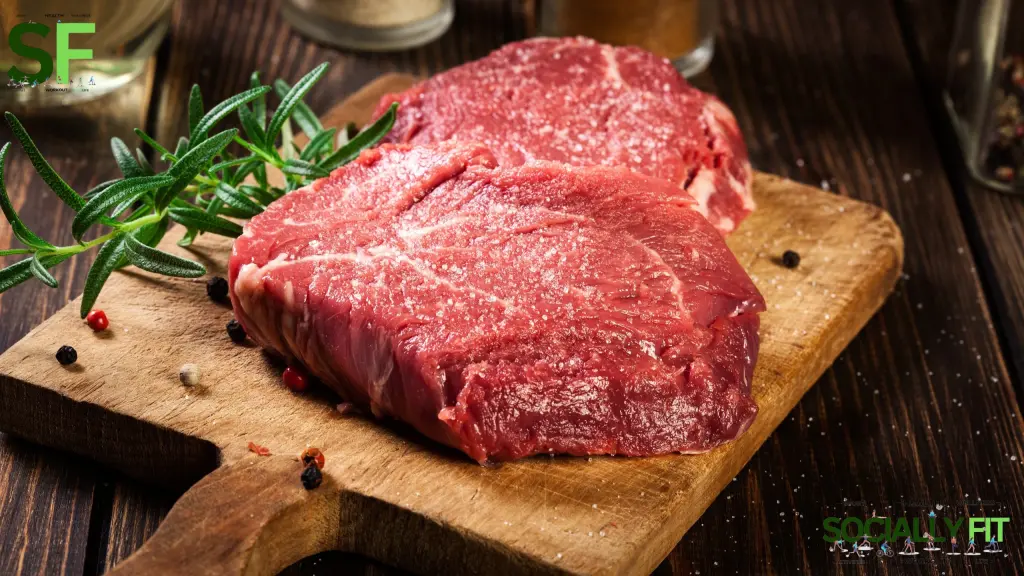
Bison, often called “buffalo” in North America, is a large, grass-grazing mammal native to the continent. The meat derived from this animal is leaner and more nutrient-dense than traditional beef, making it a sought-after choice among health-conscious consumers.
What Makes It Different from Beef?
The primary difference between bison and beef lies in their fat content and flavor profile. Bison is often considered sweeter and richer in taste, while being leaner than beef. Bison meat comes from animals raised more naturally on open ranges, feeding primarily on grass, while most cattle are grain-fed, which can affect the meat’s nutritional content.
Is Bison Meat Healthy?
Nutritional Breakdown of Bison Meat
When it comes to nutritional value, bison meat is packed with essential nutrients. Here’s what you can expect from a 4-ounce serving of bison:
Macronutrients
- Calories: About 124-140
- Protein: 22-24 grams
- Fat: 2-3 grams
- Carbohydrates: 0 grams (like most animal proteins)
Micronutrients
- Vitamin B12: Significant source for nerve function
- Iron: Helps oxygen transport in blood
- Zinc: Important for immune function
- Omega-3 Fatty Acids: Beneficial for heart health
Is Bison Meat Healthy?
Health Benefits of Bison Meat
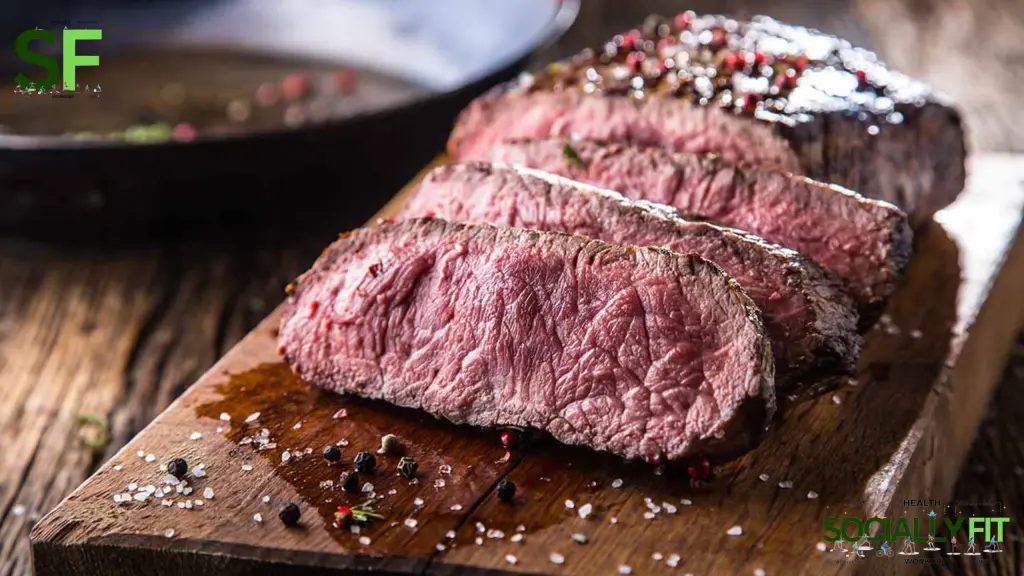
Lean Protein Source
One of the standout features of bison meat is its lean protein content. It’s lower in fat compared to beef, which makes it a fantastic option if you’re looking to maintain muscle mass while keeping your calorie intake in check. For fitness enthusiasts or those looking to slim down, bison provides the protein needed for muscle repair and growth without the excess fat.
Rich in Omega-3 Fatty Acids
While bison meat isn’t as rich in omega-3s as fish, it’s still a decent source compared to conventional beef. Omega-3s are essential for reducing inflammation, promoting brain health, and supporting heart function.
High in B Vitamins
Bison meat is a powerhouse of B vitamins, particularly vitamin B12, which is critical for maintaining healthy nerve cells and producing red blood cells. The other B vitamins found in bison, like niacin and riboflavin, help convert food into energy, making this meat a great option for people looking to boost their energy levels.
Iron-Rich for Better Oxygenation
Iron is necessary for transporting oxygen throughout the body, and bison is an excellent source of heme iron, the type that’s most easily absorbed by the body. This makes it ideal for those at risk of anemia or anyone needing an energy boost.
Is Bison Meat Healthy?
Bison Meat vs. Beef: A Comparative Analysis

You might be wondering how bison compares to beef in terms of health benefits. Here’s a quick breakdown:
- Lower in fat: Bison meat contains less fat per serving compared to beef, making it a leaner alternative.
- More nutrients: Bison has more iron, vitamin B12, and omega-3s than most grain-fed beef.
- Less cholesterol: Bison has been shown to have a lower cholesterol level than beef, which is a plus for heart health.
Is Bison Meat Healthy?
Bison and Weight Loss: Can It Help You Shed Pounds?
Bison meat is a fantastic option for individuals looking to lose weight due to its low fat and calorie content. With only about 2-3 grams of fat and around 124-140 calories per 4-ounce serving, bison is significantly leaner than traditional beef. By substituting bison for fattier meats, you can reduce overall calorie intake while still enjoying a hearty and satisfying meal. Its high protein content, about 22-24 grams per serving, also helps in maintaining muscle mass during weight loss, which is key to boosting metabolism and burning calories more efficiently.
Moreover, the lean nature of bison means you’re consuming fewer saturated fats, which not only benefits weight loss but also helps improve overall health. Unlike processed meats or cuts high in fat, bison keeps you full without adding unnecessary calories. Its nutrient-dense profile, rich in vitamins and minerals like B vitamins and iron, supports energy levels, ensuring that you stay active and energized while pursuing your weight loss goals. This combination of lean protein, low fat, and rich nutrients makes bison a great addition to a weight-loss-focused diet.
Is Bison Meat Healthy?
How Bison Meat Supports Heart Health

Bison meat is particularly beneficial for heart health due to its lower saturated fat and cholesterol levels compared to traditional red meats like beef. High levels of saturated fats are known to raise “bad” LDL cholesterol, which can contribute to heart disease. Bison, with its significantly lower fat content, provides a healthier alternative for those concerned about their cardiovascular health. Additionally, bison contains more omega-3 fatty acids than conventional beef, which are known for their anti-inflammatory properties and their role in reducing the risk of heart disease.
Another way bison supports heart health is by offering a high level of nutrients such as B vitamins, zinc, and selenium, which are crucial for overall well-being and help in maintaining healthy blood circulation. The lower calorie count also plays a role in weight management, which directly impacts heart health. By incorporating bison into your diet, you can reduce the risk of high cholesterol, hypertension, and other heart-related issues, making it a smart choice for long-term cardiovascular care.
Is Bison Meat Healthy?
Bison Meat for Muscle Building and Recovery
Bison meat is a powerhouse when it comes to muscle building and recovery, thanks to its high protein content and rich amino acid profile. Protein is essential for muscle repair and growth, and with 22-24 grams of protein per 4-ounce serving, bison provides the fuel your muscles need after a workout. The lean nature of the meat ensures you’re getting high-quality protein without the excess fat that can slow down recovery or add unwanted calories to your diet.
Furthermore, bison is rich in important nutrients like iron and zinc, both of which play a critical role in muscle recovery. Iron helps transport oxygen to muscles, improving endurance and reducing fatigue, while zinc supports muscle repair and overall immune function. By incorporating bison into your diet, you not only get a lean protein source but also a nutrient-dense food that supports both muscle development and faster recovery after intense physical activity.
Is Bison Meat Healthy?
Is Bison Meat Sustainable?

Bison meat is considered more sustainable than many other types of meat, especially beef, due to the way bison are raised. Unlike cattle, bison are typically grass-fed and roam freely in large pastures, which reduces the need for intensive farming practices that can harm the environment. Bison also have a lighter impact on the land compared to cattle. They do not overgraze and their natural grazing patterns promote healthy soil and plant regrowth, contributing to a more sustainable ecosystem.
Moreover, bison require fewer resources like water and feed compared to traditional livestock, making their farming more environmentally friendly. Since bison are often raised without antibiotics or hormones, their meat also tends to have fewer environmental toxins and requires less chemical input, further enhancing its sustainability. Choosing bison meat not only supports healthier ecosystems but also contributes to more responsible, eco-friendly farming practices.
Is Bison Meat Healthy?
How to Incorporate Bison Meat into Your Diet
Incorporating bison meat into your diet is simple and versatile, as it can be used in most recipes that call for red meat. One easy way to start is by substituting bison for beef in dishes like burgers, tacos, or meatballs. Since bison is leaner than beef, it cooks faster and requires less heat to avoid overcooking. Bison steaks, roasts, and ground meat can all be prepared using common cooking methods like grilling, roasting, or pan-frying.
Bison also pairs well with a variety of flavors and can be seasoned with herbs, spices, or marinades just like other meats. For a healthy twist, try using ground bison in chili or stews, or prepare bison steaks with a side of roasted vegetables. Since it’s nutrient-dense and low in fat, you can enjoy the hearty taste of bison while still maintaining a balanced, health-conscious diet.
Is Bison Meat Healthy?
Potential Downsides of Bison Meat
Cost
One of the primary drawbacks of bison meat is its cost. Because bison aren’t raised as widely as cattle, their meat tends to be more expensive. However, the health benefits can make it worth the splurge if you’re able to budget for it.
Availability
Another potential downside is that bison meat isn’t as readily available as beef or chicken. You may need to visit specialty stores or order it online to get your hands on high-quality bison.
Is Bison Meat Healthy?
Is Bison Meat Safe to Eat Raw?
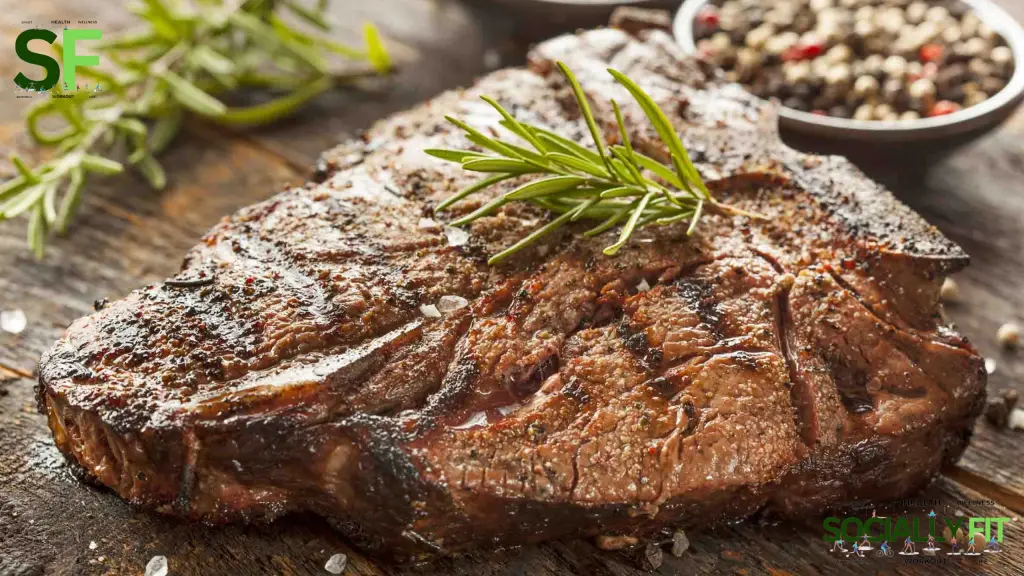
It is generally not recommended to eat bison meat raw due to the potential risks of bacterial contamination, just like with other meats. Raw meat can harbor harmful bacteria like E. coli or Salmonella, which can cause foodborne illnesses. Since bison is leaner than beef, it is particularly important to handle and cook it properly to avoid any potential health risks. Cooking bison to an internal temperature of 160°F (71°C) is advised to ensure safety.
While some may argue that certain raw meat dishes like tartare are safe when made from high-quality, fresh meat, it’s still risky without proper handling and preparation. Bison meat is better enjoyed fully cooked to preserve its rich nutrients and flavor while ensuring it is free from harmful pathogens. For those who prefer rare meat, it’s safer to cook bison to medium-rare, which retains some tenderness while minimizing risk.
Is Bison Meat Healthy?
How Does Bison Meat Compare to Beef in Terms of Fat Content and Calories?
| Comparison | Bison Meat | Beef | Description |
|---|---|---|---|
| Fat Content (per 4 oz) | 2-3 grams | 8-10 grams | Bison is much leaner than beef, containing significantly less fat. |
| Calories (per 4 oz) | 124-140 calories | 250-270 calories | Bison has fewer calories per serving, making it a lighter option compared to beef. |
| Cholesterol | Lower | Higher | Bison contains less cholesterol, beneficial for heart health. |
| Saturated Fat | Less saturated fat | More saturated fat | Bison’s lower saturated fat content makes it a healthier choice for reducing bad cholesterol levels. |
| Omega-3 Fatty Acids | Higher than beef | Lower than bison | Bison has more omega-3 fatty acids, which support heart health and reduce inflammation. |
Analysis:
- Bison is a leaner meat option, significantly lower in calories and fat compared to beef.
- It is better for those seeking heart-healthy options due to its lower cholesterol and saturated fat content.
- The higher omega-3 content in bison adds an additional health benefit over beef.
Is Bison Meat Healthy?
Is Bison Healthier than Chicken When It Comes to Lean Protein and Nutrients?
| Comparison | Bison Meat | Chicken (Breast) | Description |
|---|---|---|---|
| Protein Content (per 4 oz) | 22-24 grams | 26 grams | Chicken breast has slightly more protein, but both are excellent lean protein sources. |
| Fat Content (per 4 oz) | 2-3 grams | 2-3 grams | Both bison and chicken breast are similarly low in fat, making them lean protein choices. |
| Calories (per 4 oz) | 124-140 calories | 120-130 calories | Bison and chicken breast are close in calorie content, with bison slightly higher. |
| Iron Content | High in iron | Lower in iron | Bison contains more iron, which helps with oxygen transport, making it beneficial for energy levels. |
| Omega-3 Fatty Acids | Higher than chicken | Lower than bison | Bison has more omega-3 fatty acids, offering heart health benefits that chicken breast lacks. |
Analysis:
- Both bison and chicken breast are excellent lean protein sources with low fat content.
- Bison surpasses chicken in iron and omega-3 levels, making it a better choice for overall nutrient richness.
- If you’re focused on heart health and energy, bison offers slight advantages over chicken.
Is Bison Meat Healthy?
Which is Better for Heart Health: Bison Meat or Traditional Beef?
| Comparison | Bison Meat | Beef | Description |
|---|---|---|---|
| Saturated Fat | Lower | Higher | Bison has significantly less saturated fat, reducing risks of heart disease. |
| Cholesterol | Lower | Higher | Bison is lower in cholesterol, which is key for maintaining heart health. |
| Omega-3 Fatty Acids | More than beef | Less than bison | Bison contains higher omega-3s, which support cardiovascular function. |
| Calories | Lower | Higher | Bison has fewer calories, which contributes to a healthier diet for heart care. |
| Inflammatory Properties | Less inflammation due to omega-3s | More inflammatory (higher omega-6) | Bison reduces inflammation, a risk factor in cardiovascular disease, due to its better fat profile. |
Analysis:
- Bison meat is superior to traditional beef in terms of heart health because of its lower saturated fat, cholesterol, and higher omega-3 content.
- The anti-inflammatory properties of bison make it an even better choice for maintaining a healthy heart.
- If heart health is a priority, bison should be favored over beef.
Is Bison Meat Healthy?
How Does the Iron Content in Bison Meat Compare to Other Red Meats Like Lamb or Beef?
| Comparison | Bison Meat | Beef | Lamb | Description |
|---|---|---|---|---|
| Iron Content (per 4 oz) | 2.5 mg | 2.1 mg | 1.6 mg | Bison offers more iron than both beef and lamb, ideal for those needing more iron in their diet. |
| Type of Iron | Heme Iron | Heme Iron | Heme Iron | All three contain heme iron, the most absorbable form of iron. |
| Protein Content | 22-24 grams | 22-26 grams | 21-23 grams | Bison, beef, and lamb have similar protein levels. |
| Fat Content | Lower than beef and lamb | Higher than bison | Higher than bison | Bison has less fat, making it a leaner option compared to lamb and beef. |
| Nutrient Density | High in B vitamins and minerals | High, but less iron than bison | High, but less iron and leaner | Bison meat stands out for its rich nutrient profile, particularly in iron and B vitamins. |
Analysis:
- Bison offers more iron per serving than both beef and lamb, making it a great choice for people who need to boost their iron intake.
- It remains a leaner option with a higher nutrient density, making it a healthier alternative overall.
- Bison is ideal for those looking for a low-fat, iron-rich meat.
Is Bison Meat Healthy?
What Are the Differences in Omega-3 Fatty Acid Levels Between Bison and Fish, and How Does That Impact Overall Health?
| Comparison | Bison Meat | Fish (Salmon) | Description |
|---|---|---|---|
| Omega-3 Fatty Acids (per 4 oz) | 50-60 mg | 1000-1500 mg | Fish, particularly fatty fish like salmon, has significantly higher omega-3 content than bison. |
| Fat Content | Low (2-3 grams) | Moderate (10-15 grams) | While bison is leaner, fish has more beneficial fats, including omega-3. |
| Protein Content | 22-24 grams | 23-25 grams | Both bison and salmon are excellent sources of high-quality protein. |
| Heart Health Benefits | Moderate | Excellent | Fish is much more effective at improving heart health due to higher omega-3 levels. |
| Anti-inflammatory Properties | Moderate | High | Fish is a stronger anti-inflammatory due to its high omega-3 content. |
Analysis:
- While bison offers some omega-3 fatty acids, fish like salmon provides significantly more, making fish a stronger option for heart and brain health.
- Bison remains a lean, protein-rich choice with moderate heart health benefits, but it doesn’t compare to the omega-3 boost from fatty fish.
- For those focused on improving heart health through diet, fish should be prioritized over bison. However, bison can still be included for variety.
Is Bison Meat Healthy?
Conclusion: Is Bison Meat Healthy?
Bison meat offers a myriad of health benefits that make it a great alternative to traditional beef. From its high protein content to its heart-healthy fats, it’s an excellent addition to any diet. While it might be a little more expensive and harder to find, the nutritional advantages and sustainability of bison meat make it worth considering for anyone looking to make healthier dietary choices.
FAQs: Is Bison Meat Healthy?
- Is bison meat healthier than beef?
Yes, bison meat is generally leaner and contains more omega-3 fatty acids than beef. - Can bison meat help with weight loss?
Absolutely. Its lower fat and calorie content make it a great option for weight loss diets. - Is bison meat safe for people with food allergies?
Most people can safely eat bison, but individuals with specific meat allergies should avoid it. - How should bison meat be cooked?
Bison meat should be cooked at lower temperatures and for shorter times than beef to avoid drying out. - Is bison meat sustainable?
Yes, bison are typically raised in more environmentally sustainable ways than cattle.
Click here to know more about weight loss. Subscribe to Workout with Hunar for weight loss and workout videos.
Is Bison Meat Healthy?








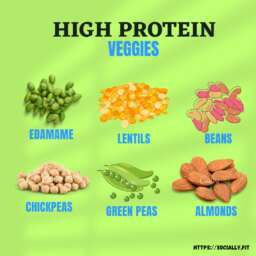
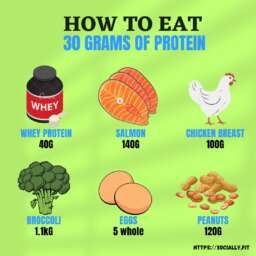

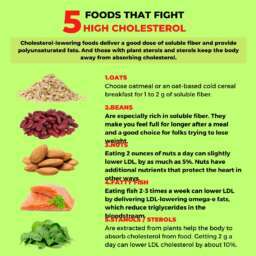
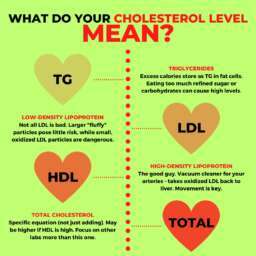


One thought on “Is Bison Meat Healthy?”